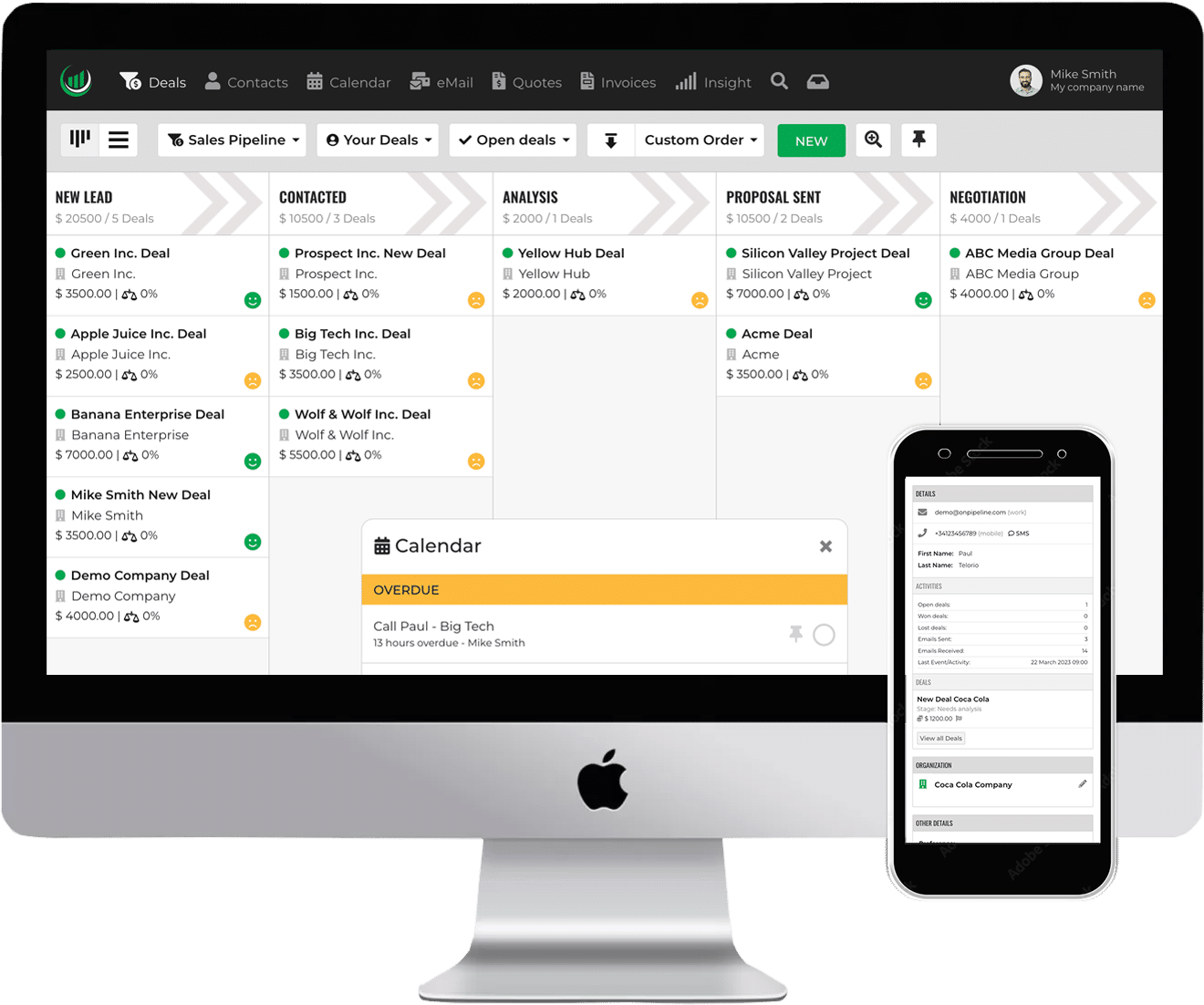Although it sounds counter intuitive, research suggests that playing certain types of tunes can do wonders in terms of productivity and performance. But is there any scientific evidence to back up this claim? Let’s explore what type of music works best in terms of improving focus levels and potential drawbacks when exploring the wrong type of tunes.
The potential impact of music
Research does suggest that playing certain kinds of music while working can reduce stress levels, eliminate distractions and ultimately improve work performance – especially those with faster tempos (BPM).
For instance, findings from one study conducted by Plymouth University in 2009 showed that participants completed their tasks more quickly when they listened to upbeat classical pieces compared with those who worked in silence or heard calming ambient noise such as waves crashing on a beach.
Furthermore research has noted that creating an enjoyable work environment through things like listening to favorite songs or genres has also lead to increased motivation which often leads better performance overall.
What type of music is best?
Though there are clear cuts benefits to listening musical tunes in certain contexts, choosing the wrong type could potentially have some negative effects too.
Slower tempo songs with lyrical content for instance could prove distracting as people might find themselves multitasking rather than staying focused on their main task at hand – likewise loud bass-heavy tunes may cause unwanted disruption if used in open office space shared by multiple workers.
So what type of music should be recommended if employers want the best chance at increasing employee productivity?
Classical pieces may be a good place start – particularly those deemed as “upbeat” due their greater number per minute – though jazz numbers like swing popularized during the 1920s also work well here since they tend retain plenty variation while still providing an upbeat vibe throughout. Instrumental electrionica often works too – so long as tracks without lyrical content are chosen otherwise these might end up being more distracting than helpful in terms keeping focus!
Alternatively those working out alone without fear disrupting others around them might feel free enjoy heavier genres such as rock or rap – after all personal preference should always take priority over anything else!
Headphones or ambient?
As we said, music can be a great way to stay productive and motivated at work. Listening on headphones provides a more controlled, personal listening experience while ambient listening allows nearby coworkers to join in on the experience.
When it comes to productivity and focus, both options have their pros and cons. With headphone listening, employees can enjoy music without distracting their colleagues.
On the other hand, ambient music fosters team collaboration by creating an atmosphere where coworkers can connect through shared enjoyment of music.
Ultimately, the decision of whether it’s better to listen to music at work on headphones or ambient depends on individual needs and preferences
Companies allowing music in the workplace
When it comes to allowing employees to listen to music in the workplace, Google, Spotify and Amazon are three of the most popular companies that offer this perk.
Google offers an internal streaming service with a vast selection of songs and albums for its employees, while
Spotify provides free access to its premium music library for work-related tasks.
Meanwhile, Amazon allows their employees to freely choose what music they want to play at work on their own devices or through Amazon’s personal assistant device Alexa.
Famous people listening to music at work
Many renowned figures, including scientists, entrepreneurs and celebrities, have attributed their success to listening to music while working.
Bill Gates, the founder of Microsoft, famously said that he often listened to Mozart or classical music while coding.
Another tech mogul and entrepreneur, Elon Musk, reportedly prefers electronic music when working.
Likewise, actor Hugh Jackman has credited his performance preparation for Wolverine to focusing on the rhythm of rock and roll.
From these examples we can see that listening to music can be highly beneficial in aiding concentration and increasing productivity.
Final Thoughts
In conclusion it seems obvious that although listening to certain types of music does have positive impacts on concentration and performance for individuals under certain conditions such as selecting faster tempo tracks without lyrical content – something very much possible within even purely classical contexts – there will always exceptions so be sure experiment various types until finding what works best for your employees!


